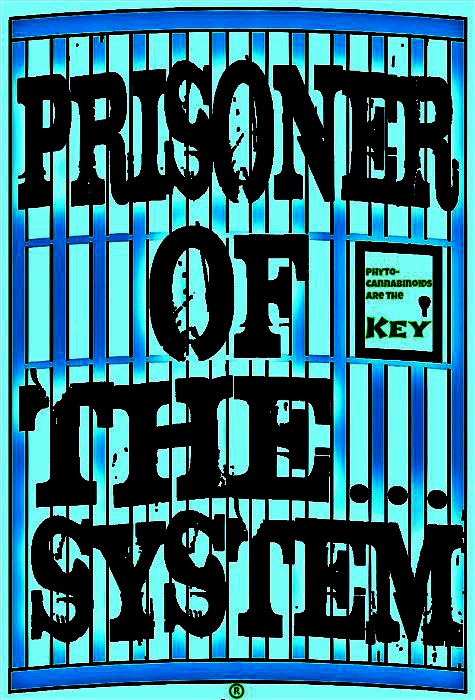Estrogenic induction of cannabinoid CB1 receptor in human colon cancer cell lines.
Abstract
OBJECTIVE:
 Cannabinoids are a class of compounds that have the ability to activate two specific receptor subtypes, the cannabinoid CB1 and CB2 receptors. CB1 receptor is a G-protein-coupled receptor that is linked to the signal transduction pathways. The cumulative effects of this receptor have important implications in the control of cell survival and cell death having the potential to regulate tumor cell growth. In this connection, interest has been focused on factors such as sex steroid hormones, which regulate CB1 receptor expression. The aim of this study was to investigate the effects of 17beta-estradiol exposure on the CB1 receptor gene and its protein expression in human primary tumor colon cancer cell lines, such as DLD-1, HT-29 and one lymph node metastatic cell line, SW620.
Cannabinoids are a class of compounds that have the ability to activate two specific receptor subtypes, the cannabinoid CB1 and CB2 receptors. CB1 receptor is a G-protein-coupled receptor that is linked to the signal transduction pathways. The cumulative effects of this receptor have important implications in the control of cell survival and cell death having the potential to regulate tumor cell growth. In this connection, interest has been focused on factors such as sex steroid hormones, which regulate CB1 receptor expression. The aim of this study was to investigate the effects of 17beta-estradiol exposure on the CB1 receptor gene and its protein expression in human primary tumor colon cancer cell lines, such as DLD-1, HT-29 and one lymph node metastatic cell line, SW620.
MATERIAL AND METHODS:
CB1 gene expression was determined using quantitative reverse transcriptase-polymerase chain reaction (RT-PCR) in DLD-1, HT-29 and SW620 cells treated at different times and doses of 17beta-estradiol exposure. CB 1 protein expression was detected by Western immunoblot.
RESULTS:
17beta-estradiol induced CB1 gene expression in all the human colon cancer cells studied. The early induction of CB1 receptor mRNA in DLD-1 and SW620 cells was mediated by the estrogen receptor because the pure estrogen antagonist, ICI 182,780, was able to counteract this effect. Estrogenic induction of the CB1 receptor was also detectable at protein level in all cell types tested.
CONCLUSIONS:
The CB1 receptor can be considered an estrogen-responsive gene in DLD-1, HT-29 and SW620 cells. Up-regulation of CB1 expression by 17beta-estradiol is a further mechanism of estrogens to control colon cancer proliferation.
- PMID:
- 18938775
- [PubMed – indexed for MEDLINE]
-
Publication Types, MeSH Terms, Substances
Publication Types
MeSH Terms
- Blotting, Western
- Cell Line, Tumor
- Colonic Neoplasms/pathology*
- Estradiol/pharmacology*
- Estrogens/physiology
- Gene Expression Regulation, Neoplastic
- Humans
- Receptor, Cannabinoid, CB1/analysis*
- Receptor, Cannabinoid, CB1/genetics
- Reverse Transcriptase Polymerase Chain Reaction
Substances
LinkOut – more resources
Other Literature Sources
Miscellaneous

